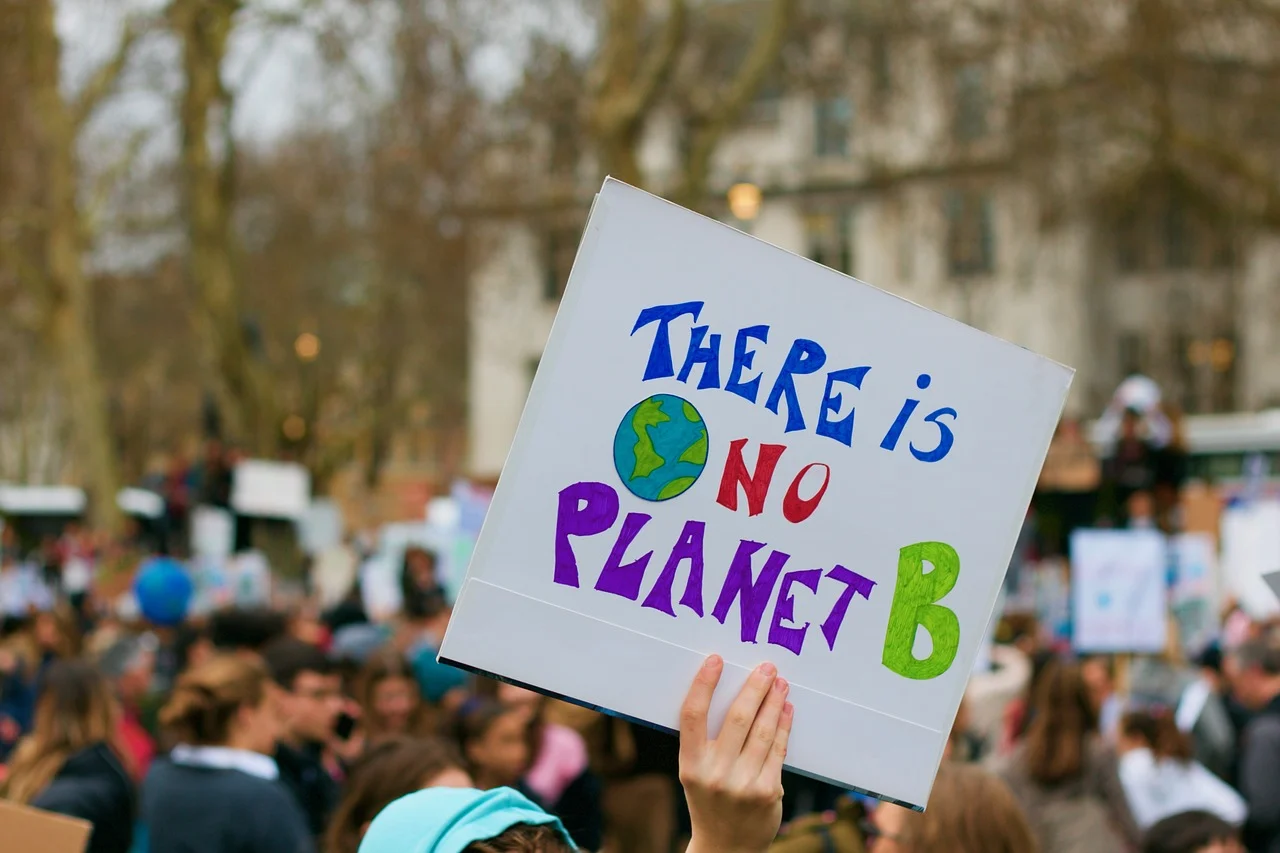LONDON (Parliament Politics Magazine) – After No 10 seemed to open the door to fracking, Ed Miliband, the shadow energy secretary, advised Mr Johnson against bowing in to climate sceptics on the Conservative backbenchers.
Following Russia’s invasion of Ukraine, the government is reviewing its energy strategy, and the prime minister’s spokesperson indicated last week that “all possibilities” were being considered, indicating that this included fracking.
Miliband advises against “doubling down on fossil fuels through a fracking-style drive for gas, as some on the Conservative benches are proposing” in the Guardian, instead calling for a “clean energy sprint” to renewables.
There was no time for the government’s ideological failures, nor for their unwillingness to confront the deniers on their backbenches. They play the climate game, and we get climate delay, he explained.
Johnson has committed to release an energy independence plan, outlining the government’s strategy for phasing out Russian oil – and maybe gas – imports. Renewable energy, nuclear power, and North Sea gas are expected to be prioritised.
Johnson stated the idea will be revealed “in the next few days” during PMQs this week, but government sources now say it will be revealed after the chancellor’s spring statement on March 23.
Conservative MPs in the Net Zero Scrutiny Group, led by Craig Mackinlay, have become increasingly vocal in their criticism of the government’s green plans. In the face of rapidly rising oil and gas prices, the organisation has called for the abolition of VAT on fuel bills and green money levied by households, as well as the restart of fracking.
Kwasi Kwarteng, the business secretary, is known to be anti-fracking, but he stated on Wednesday that he agreed with the PM that it didn’t make sense to pour concrete over Cuadrilla’s fracking wells in Lancashire, which were set to close.
He told MPs that the administration has taken “a prudent strategy that promotes shale gas exploration in case it is possible to do so in a sustainable and safe way.
Miliband also urged the government to address “the Cinderella of this government’s energy policy: home insulation and energy efficiency,” noting that the best way of reducing the demand for fossil fuels is to reduce the overall energy use.
Rory Stewart, a former Tory minister, advocated for a “government and civilian effort similar to the Covid response” to reduce energy use, including lowering the speed limit to 50 mph and making all public transportation free on Friday.
In recent days, though, ministers have been more focused on demand. With Russian oil supplies set to finish by the end of the year and the government considering phasing out Russian gas imports, Kwarteng has spoken with oil ministers from potential replacement suppliers, including Saudi Arabia.
Given Crown Prince Mohammed bin Salman’s apparent participation in ordering the murder of journalist Jamal Khashoggi in 2018, increasing imports from the Gulf state would be controversial.
“Britain is stuck between a rock and a hard place because this government kicked the can down the road when it comes to securing homegrown energy,” said Liberal Democrat foreign affairs spokesperson Layla Moran. Boris Johnson will only have himself to blame if he is compelled to cosy up to Saudi Arabia for more oil.
By slashing assistance for homegrown renewable energy, the government has been obliged to go begging for more polluted oil around the world.






